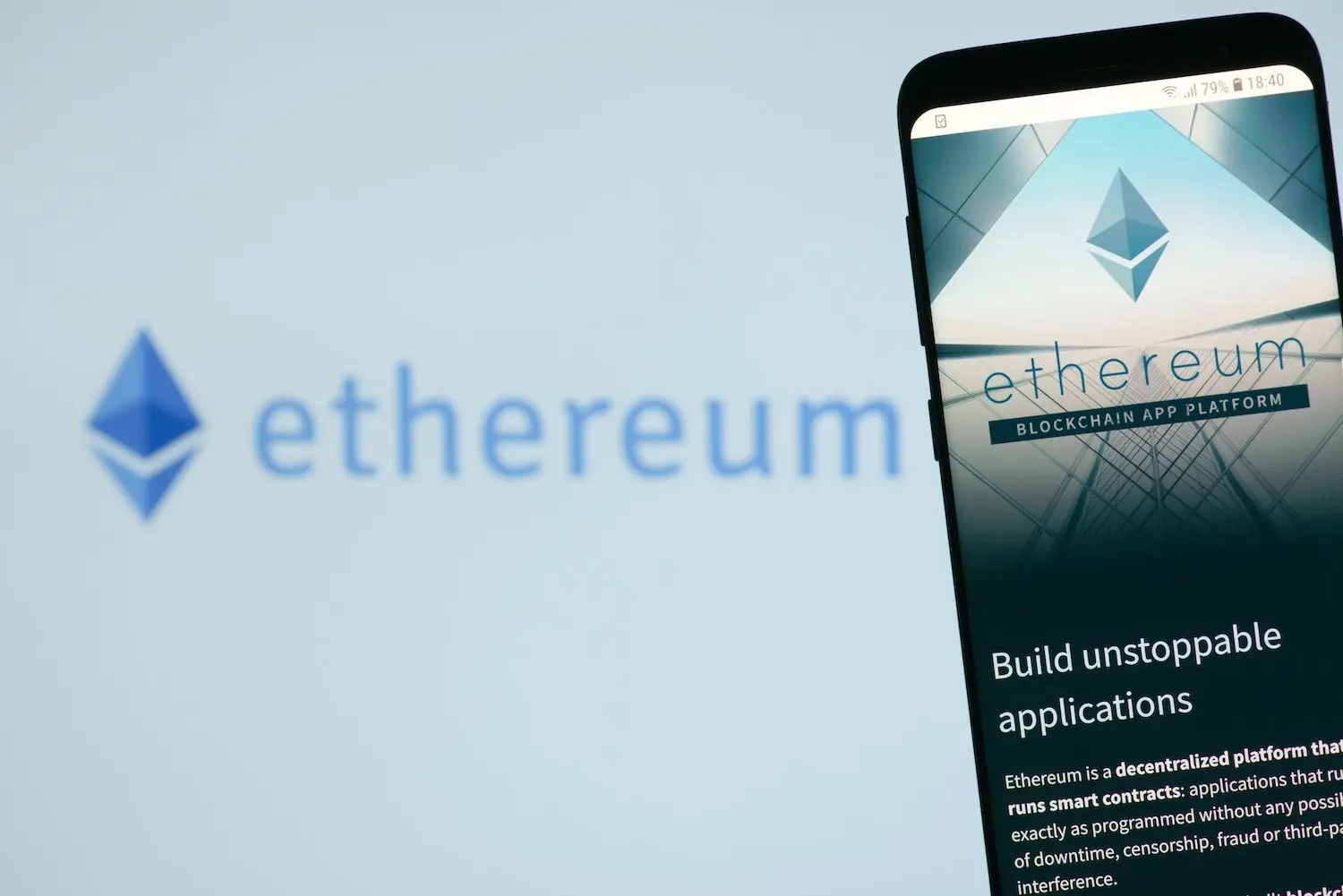The Ethereum Foundation released a development roadmap aimed at establishing the blockchain network as the primary infrastructure layer for commerce between artificial intelligence agents by 2026. The plan centers on two new technical standards designed to enable autonomous systems to transact and coordinate without intermediary platforms.
What to Know:
- The roadmap introduces ERC-8004 and x402 standards to create an interoperable framework for AI agent transactions and coordination on Ethereum's network.
- Davide Crapis and the dAI development team lead the initiative, which aims to prevent closed platforms from monopolizing AI commerce through transparent, auditable protocols.
- Industry figures including Ethereum co-founder Vitalik Buterin and Binance's Changpeng Zhao have endorsed the framework as a foundation for the machine economy.
Technical Standards Define AI Agent Framework
The development plan focuses on implementing ERC-8004 and x402 as core protocols for AI-driven commerce. ERC-8004 establishes the interoperability structure that allows different AI agents to communicate and function across the network. The x402 standard defines how these agents coordinate activities within Ethereum's ecosystem.
Both standards function as neutral protocols for automated commerce, similar to how ERC-20 enabled decentralized finance applications and ERC-721 created the technical foundation for non-fungible token markets.
The framework allows autonomous agents to verify tasks, execute transactions and collaborate under open rules that any participant can audit.
Crapis wrote on X that the project represents collaboration with Ethereum Foundation leadership.
"Working with EF leadership on the dAI Team 2026 roadmap," he stated. "Huge thanks to the growing community around ERC-8004 and x402 alongside. Together, we're shaping agentic commerce the right way."
Foundation Positions Network as Coordination Layer
The roadmap positions Ethereum as a base settlement layer for what developers describe as an emerging machine economy. Crapis emphasized that transparent protocols remain necessary to prevent closed systems from controlling AI commerce. "Ethereum must serve as the foundational architecture for global decentralized AI coordination," he stated. "Agents require open and verifiable rules—without them, closed platforms will dominate the system."
The plan aims to create an environment where AI agents can trade, coordinate and validate actions without third-party intermediaries.
The framework provides a governance system that maintains transparency and traceability across all automated transactions.
Buterin noted that the blockchain could serve as a foundational layer for machine-to-machine economic activity. Zhao described the initiative as a step toward integrating autonomous systems. The foundation's timeline targets completion of the infrastructure by 2026.
Understanding Key Terms
Decentralized finance refers to financial services operating on blockchain networks without traditional intermediaries like banks or brokers. AI agents are autonomous software programs that can make decisions and execute tasks without human intervention. Interoperability describes the ability of different systems or agents to exchange information and work together. Settlement layers provide the final, authoritative record of transactions in a network.
Final Thoughts
The foundation aims to replicate the impact of previous technical standards by extending the framework to artificial intelligence applications. The roadmap establishes protocols for agent-based commerce while maintaining the network's core principles of transparency and decentralization. Implementation focuses on creating infrastructure that allows autonomous systems to participate in economic activity under verifiable rules.



